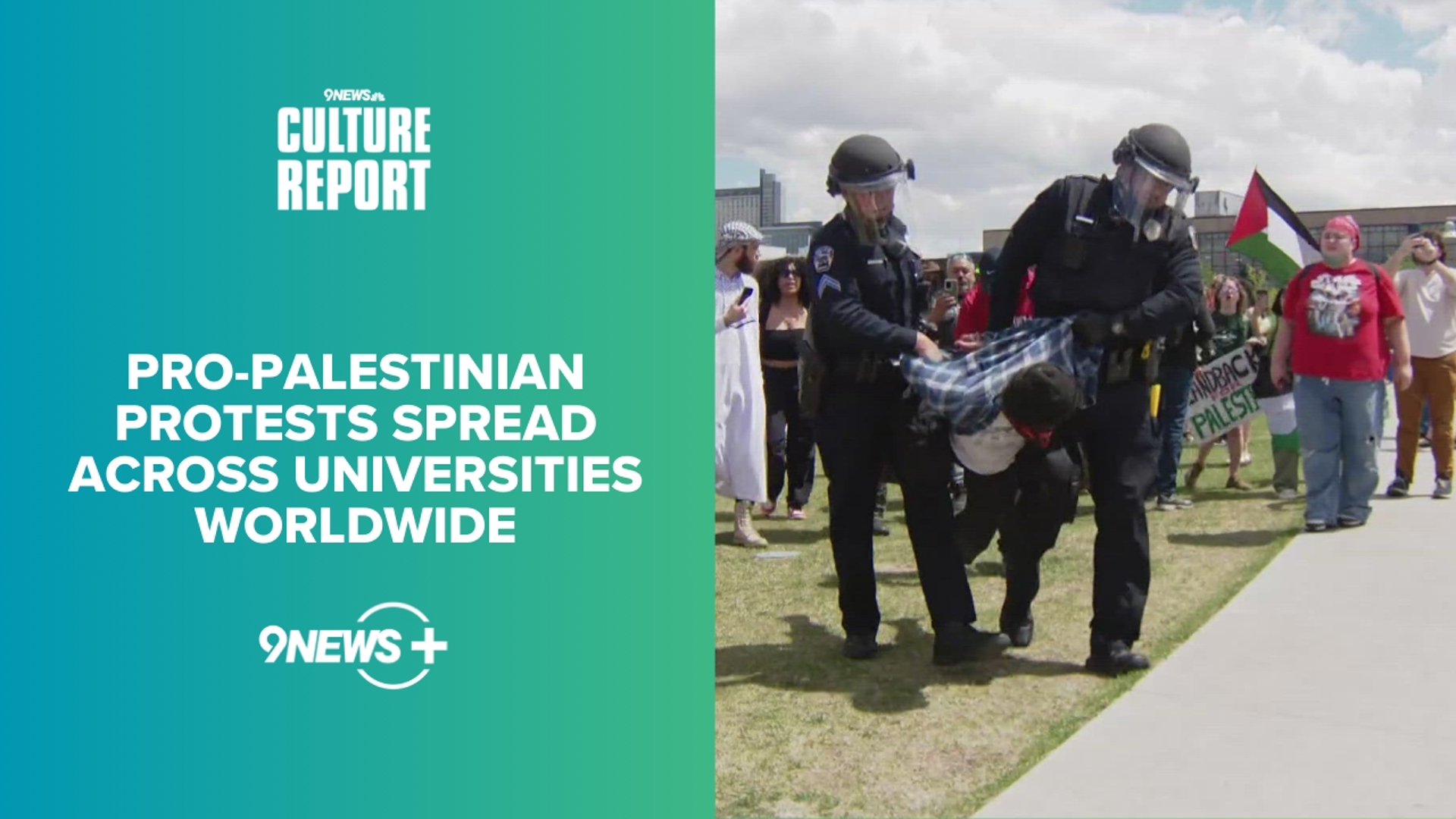Authorities in southern Oregon believe Chris Harper Mercer murdered ten people at a community college there on Thursday, but you won't hear them say it.
"I don't want to glorify the shooter," Douglass County Sheriff John Hanlin told CNN Friday morning. "I don't want to glorify his name. I don't want to glorify his cause. In order to prevent that I'm refusing to say his name."
Michael Daly of the Daily Beast punchily refined this argument in a Friday column, arguing that the news media should "forget the zero and remember the hero," by focusing on the shooting victims and those who fought back, not the coward who took their lives in what may have been a pathetic grasp at glory.
The same argument emerged as the trial of Aurora theater gunman James Holmes ramped up in Colorado, with victims' families arguing that reporters should honor their wishes and not use the accused killer's name.
While these arguments are clearly well-meaning, designed to protect fragile families from further pain, elevate true heroism and dispense a kind of karmic justice to fame-seeking murderers, they're also deeply misguided, and for journalists, especially pernicious abdications of our most important functions.
Chris Harper Mercer will never enjoy the "limelight." He will not be famous, in any meaningful sense, now or ever. He is dead. Never to draw another breath, let alone read his name in the headlines or see his picture on TV.
In a morbid irony, the sheer number of mass shootings in the United States - by one count 294 so far this year - make the kind of fame Mercer may have sought impossible.
The vast majority of Americans won't remember the name of the gunman in the 2014 Isla Vista killings, whose explanatory videos filled TV screens for days, or the name of the man who shot Congresswoman Gabrielle Giffords in Arizona. In a more recent example, the shooter who killed three people and injured nine in a Louisiana movie theater in July remains anonymous to almost everyone without direct connection to that crime. They are three among hundreds.
By choosing not to name mass killers, journalists abdicate responsibility for asking and answering deeper questions about why an event took place, and what could have been done to stop it. Was the killer mentally ill? How did he (for the killers are nearly always men) acquire a weapon? Why did he target who he targeted? Who knew about the plot and what steps, if any, did they take to stop it? What signs were missed?
After the Sandy Hook shootings, reporters who dug into Adam Lanza's past generated important discussions about mental health treatment, and launched a national debate about gun control.
When Dylann Roof massacred nine people in a Charleston Church this summer, knowledge of who he was and what his motives were spawned a backlash against racist symbols still rippling across the country.
Reporting on tragedy is a painful, ugly business. But facts matter to an informed debate. When law enforcement fails to provide the facts, or journalists fail to report them, we cheat ourselves out of the hard debates and discussions that should follow such appalling violence.
Reporting on heroes and victims is critically important too. It humanizes unfathomable numbers; and can show us the best of what people can be and do in horrifying circumstance.
But by burying the names and motives of the killers, we only insure there will always be more heroes and more victims. We do nothing to stop the violence.
That is why we must continue to name, and investigate, the shooters.
You can follow Garrett on Twitter @GarrettHaake.


